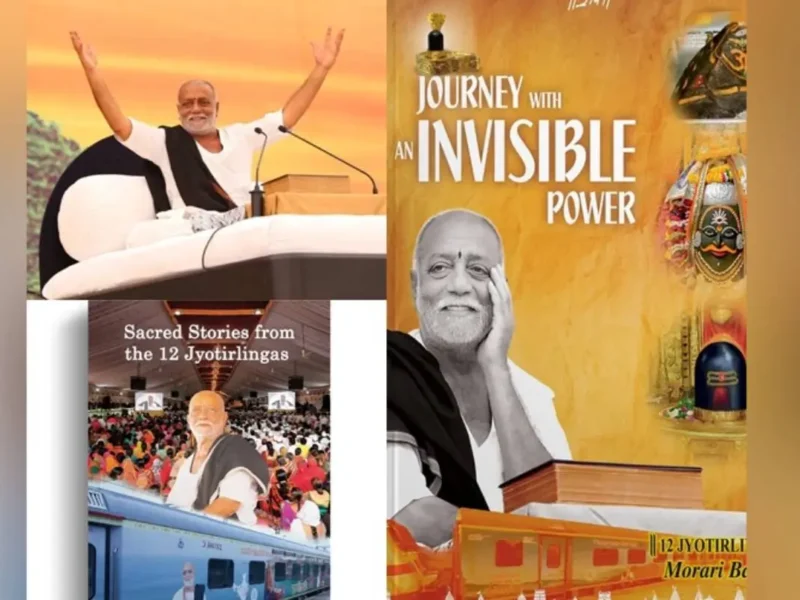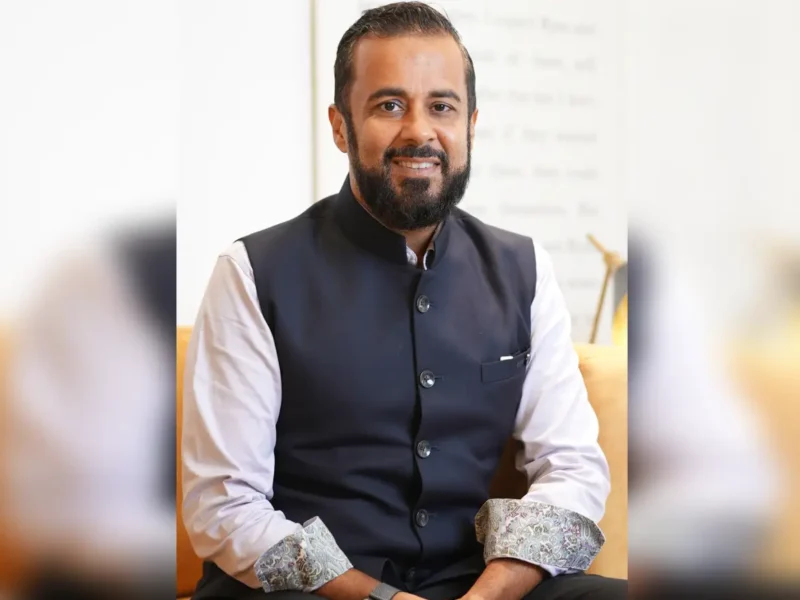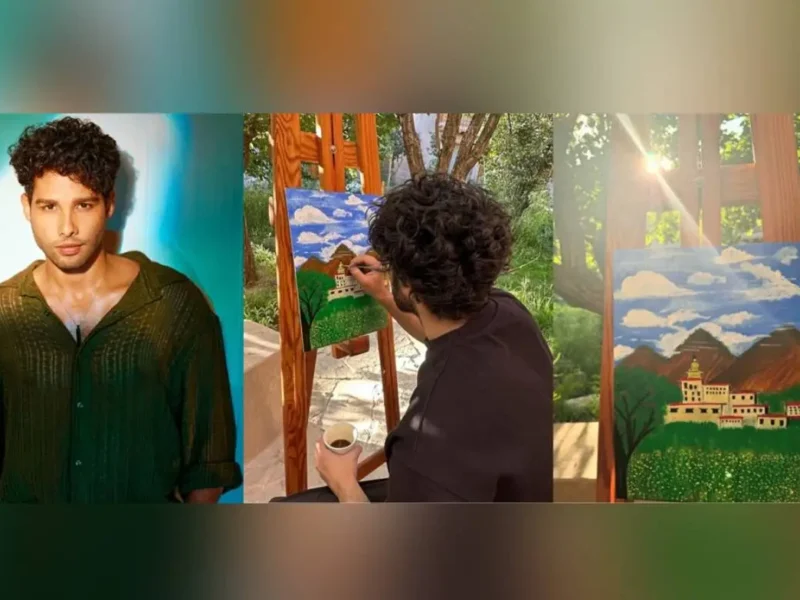
Kasturba Gandhi’s Sole Diary Brings Her Voice to The Foreground of History
NEW DELHI, (IANS) – A century-and-a-half after her birth, “The Lost Diary of Kastur, My Ba” (HarperCollins) by her great-grandson Tushar Gandhi finally presents Kasturba as her own person, a woman of substance.
Rare photos of Kasturba and Mahatma Gandhi are a bonus, as the reader gets to hear from Kasturba, in her own words, for the first time, providing through day-to-day activities a peek into what it was like to be married to the Mahatma.
It surfaced a couple of years ago when the staff of the Gandhi Research Foundation in Jalgaon found a deteriorating and damaged diary at the Kasturba Ashram, Indore.
It turned out to be a 135-page diary written by Kasturba Gandhi, from January to September 1933. Somewhat like Kasturba, her diary lay forgotten and neglected. This book is a reproduction of the diary, accompanied by a transcription of what she wrote in Gujarati, along with an English translation by Tushar Gandhi.
All her life, Kasturba was considered uneducated. Initially, when Tushar Gandhi spoke about the diary to family members, they refused to believe that there could be such a thing, the common refrain being: “She was illiterate. She could not write.”
As Tushar Gandhi read Kasturba’s diary, this assumption was dispelled. It provided a glimpse into who she was – an individual, a companion, and a Satyagrahi in her own right.
Here was a woman who was witnessing history being made, observing, and understanding the process and participating in it, too. It also tells of her two imprisonments that year, not because she was Bapu’s spouse but because she was offering satyagraha herself.
Tushar Gandhi is the grandson of Kasturba and Mahatma Gandhi’s second son Manilal and daughter-in-law Sushila, and son of Sunanda and Arun Gandhi. He is the founder-president of the Mahatma Gandhi Foundation, president of the Lok Seva Trust and director of the Gandhi Research Foundation, Jalgaon.
His first book, “Let’s Kill Gandhi!”, was published in 2007, with a revised edition in 2021.
Tushar Gandhi has dedicated his life to preserving, celebrating, and keeping alive the legacy he was born into. In 1996, when he discovered an urn containing Mahatma Gandhi’s ashes lying forgotten in a bank vault in Odisha, he obtained an order from the Supreme Court and immersed the ashes at the Triveni Sangam. In 2005, on the seventy-fifth anniversary of the historic Dandi March, Tushar Gandhi walked the 387-km path from Sabarmati Ashram to Dandi; this resulted in Prime Minister Manmohan Singh declaring the entire path as India’s first historic heritage route.
He lives in Mumbai with his wife Sonal, son Vivan and daughter Kasturi, who is named after her great-great-grandmother.




